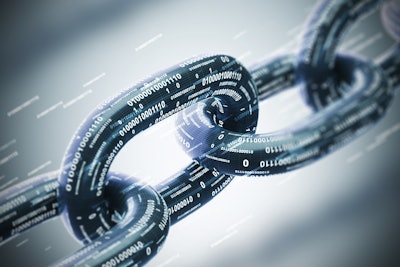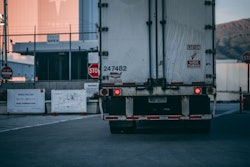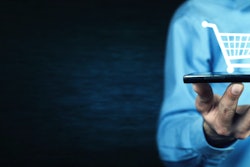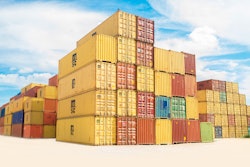
Volvo cars will be the first carmaker to implement global traceability of cobalt used in its batteries by applying blockchain technology. The announcement follows last month's reveal of the company's first fully electric car, the XC40 Recharge.
Traceability of raw materials used in the production of lithium ion batteries is one of the main sustainability challenges faced by carmakers. Volvo is committed to full traceability, ensuring customers know where the material for the batteries has been sourced responsibly.
Meanwhile, blockchain technology significantly boosts transparency of raw material supply chain as the information about the material's origin cannot be changed undetected.
Technology firms Circulor and Oracle operate the blockchain technology across CATL’s supply chain following a successful pilot earlier this summer, while the Responsible Sourcing Blockchain Network (RSBN), together with responsible sourcing specialists RCS Global and IBM, is rolling out the technology in LG Chem’s supply chain.
“We have always been committed to an ethical supply chain for our raw materials,” said Martina Buchhauser, head of procurement at Volvo Cars. “With blockchain technology we can take the next step towards ensuring full traceability of our supply chain and minimising any related risks, in close collaboration with our suppliers.”
Data in the blockchain include the cobalt's origin, attributes such as weight and size, the chain of custody and information establishing that participants' behavior is consistent with OECD supply chain guidelines. This approach helps create trust between participants along a supply chain.
Volvo Cars has reached an agreement with its two global battery suppliers, CATL of China and LG Chem of South Korea, and leading global blockchain technology firms to implement traceability of cobalt starting this year.













![Pros To Know 2026 [color]](https://img.sdcexec.com/mindful/acbm/workspaces/default/uploads/2025/08/prostoknow-2026-color.mduFvhpgMk.png?ar=16%3A9&auto=format%2Ccompress&bg=fff&fill-color=fff&fit=fill&h=135&q=70&w=240)